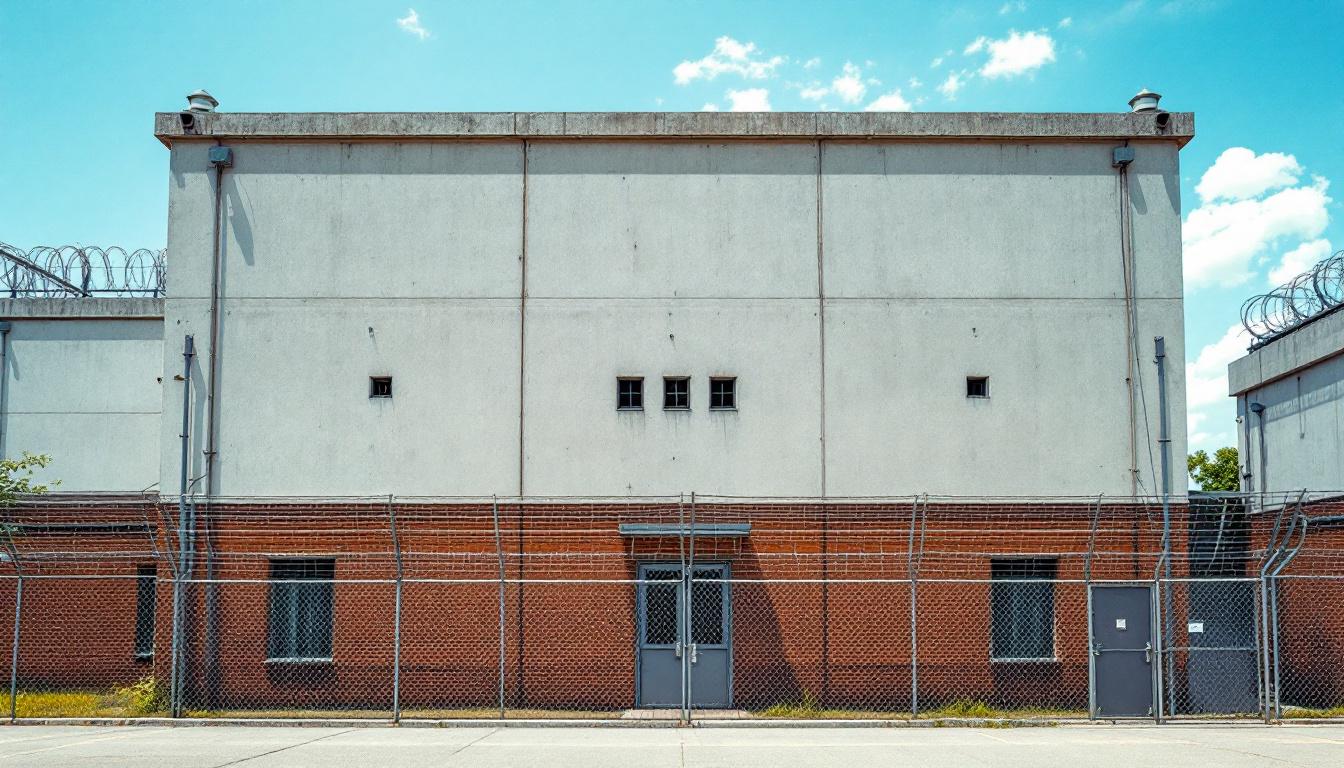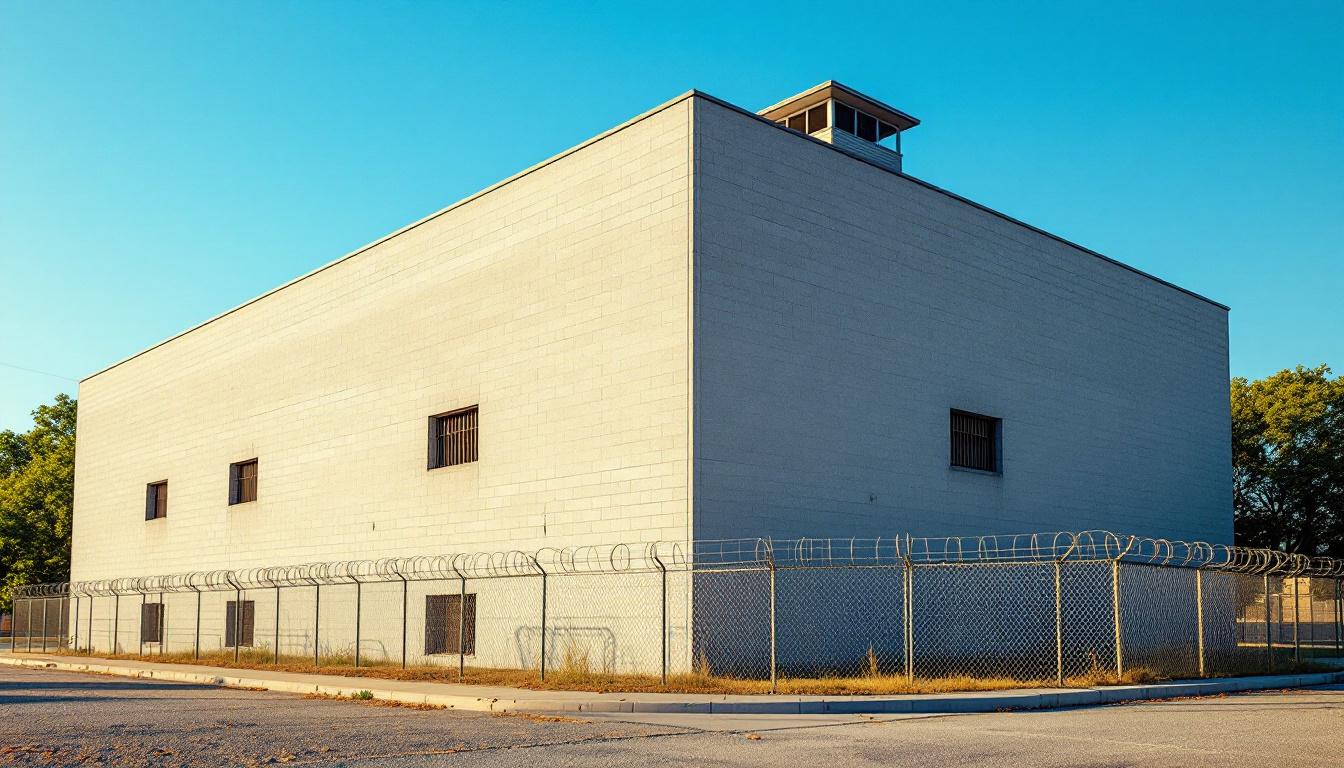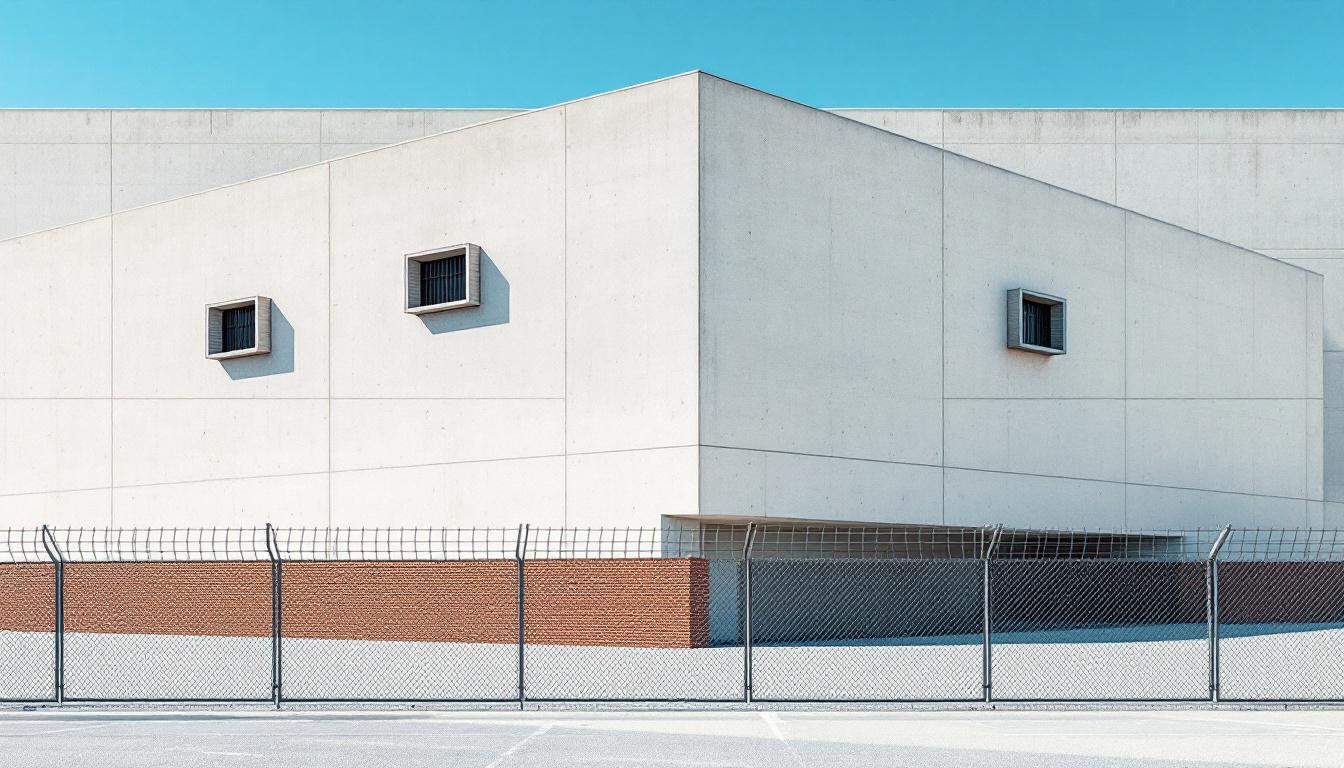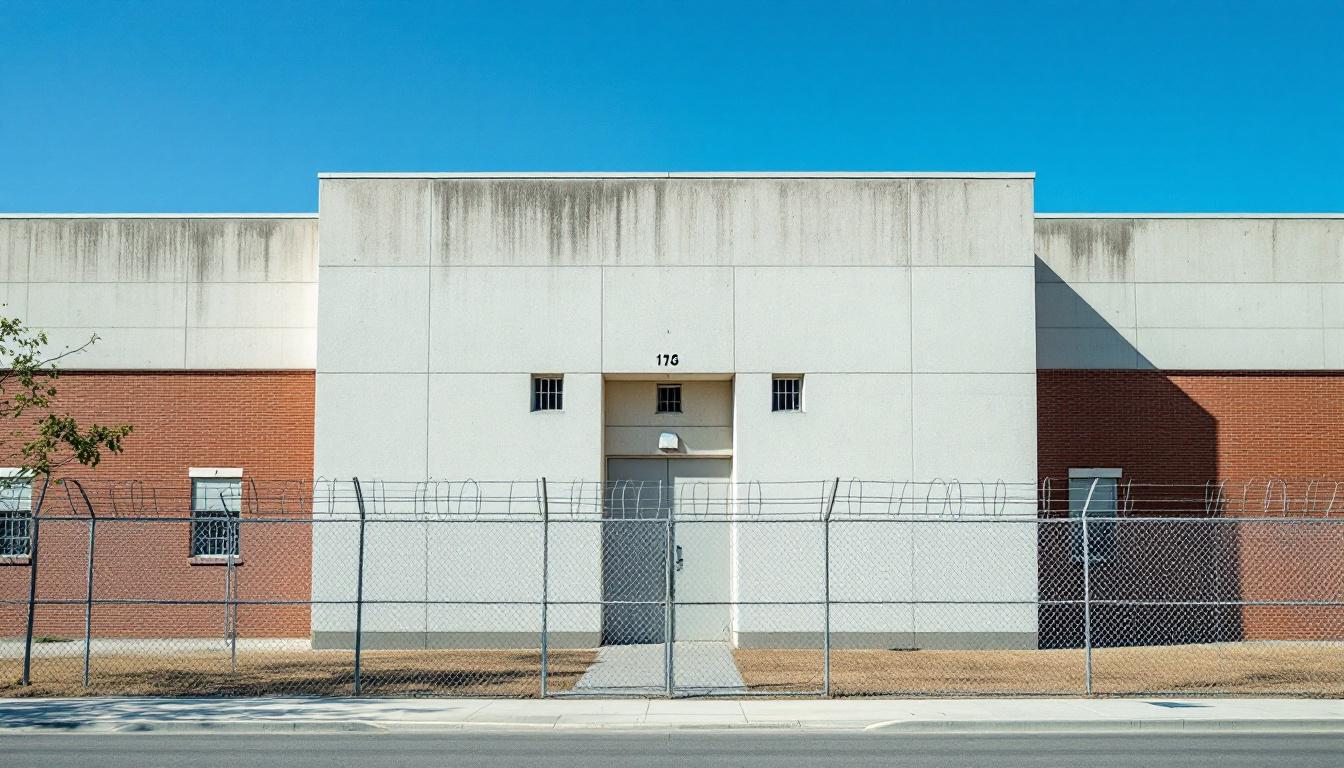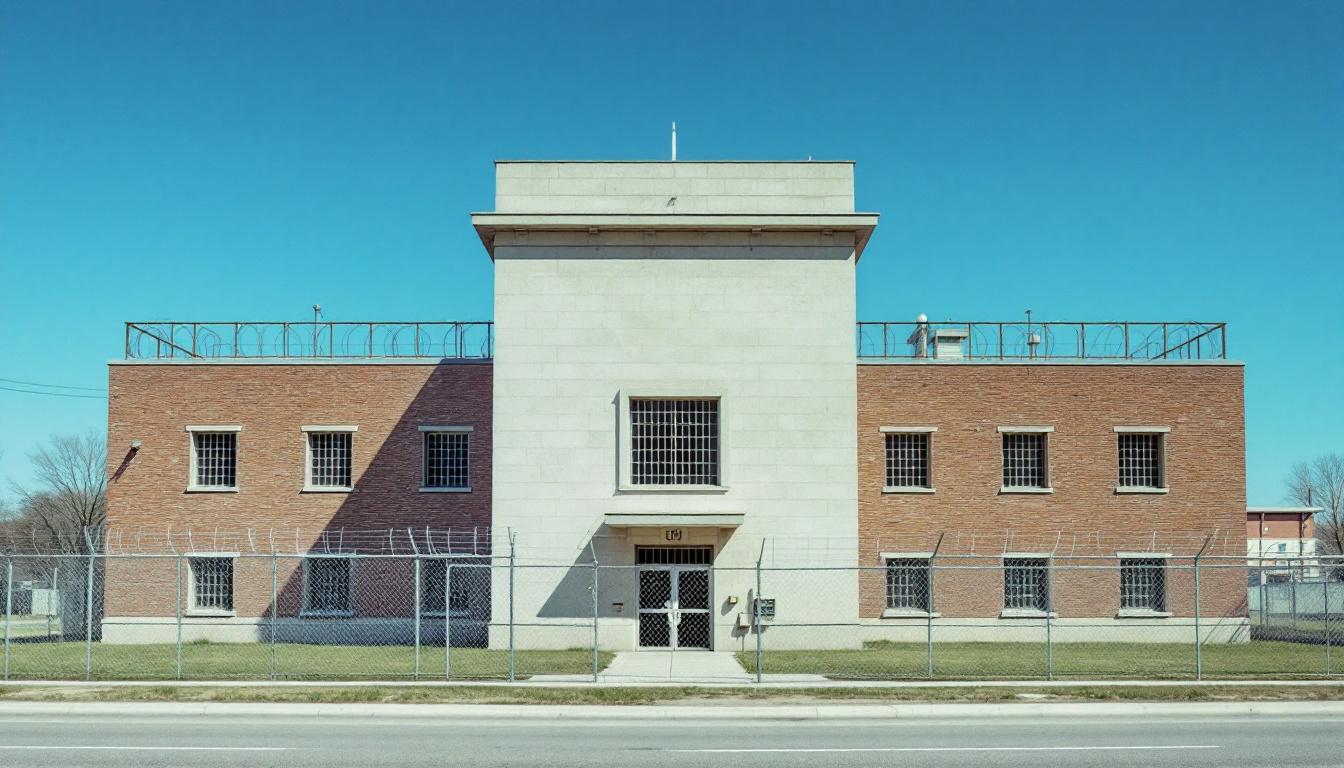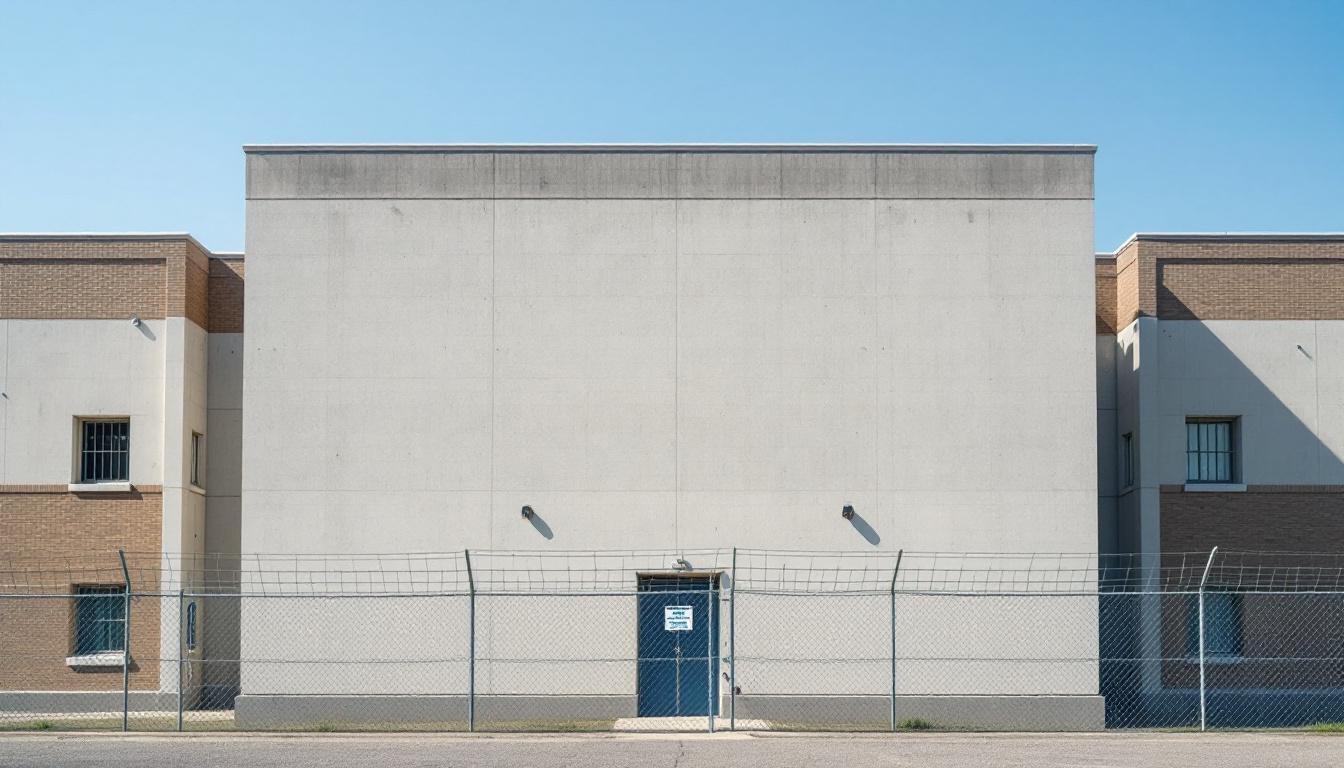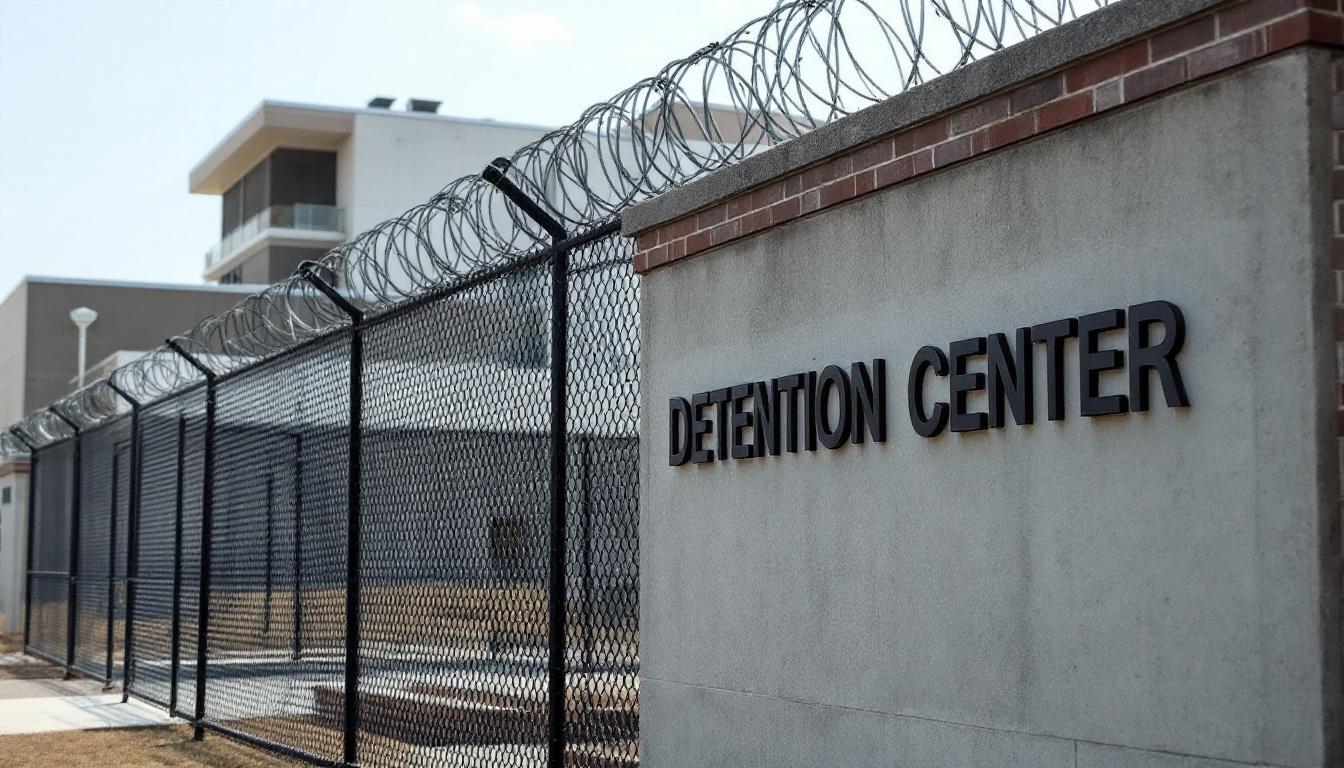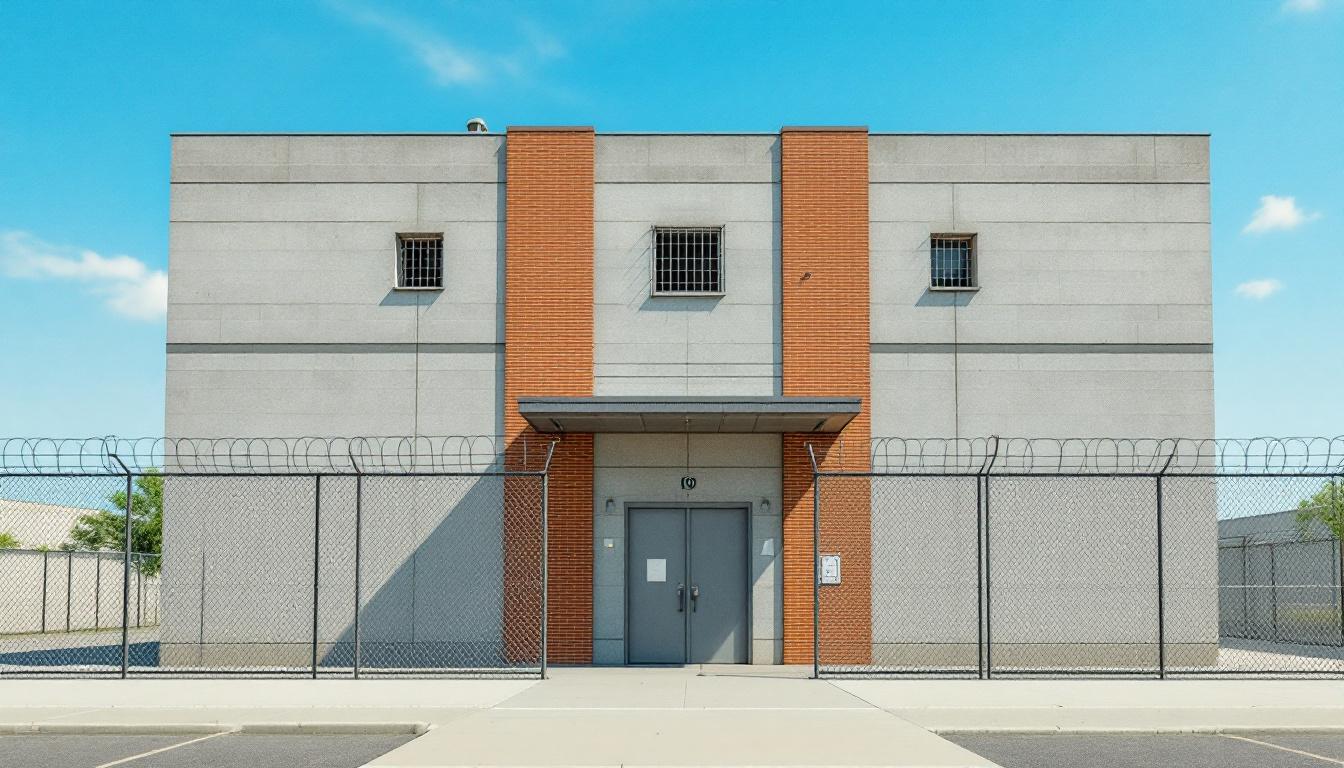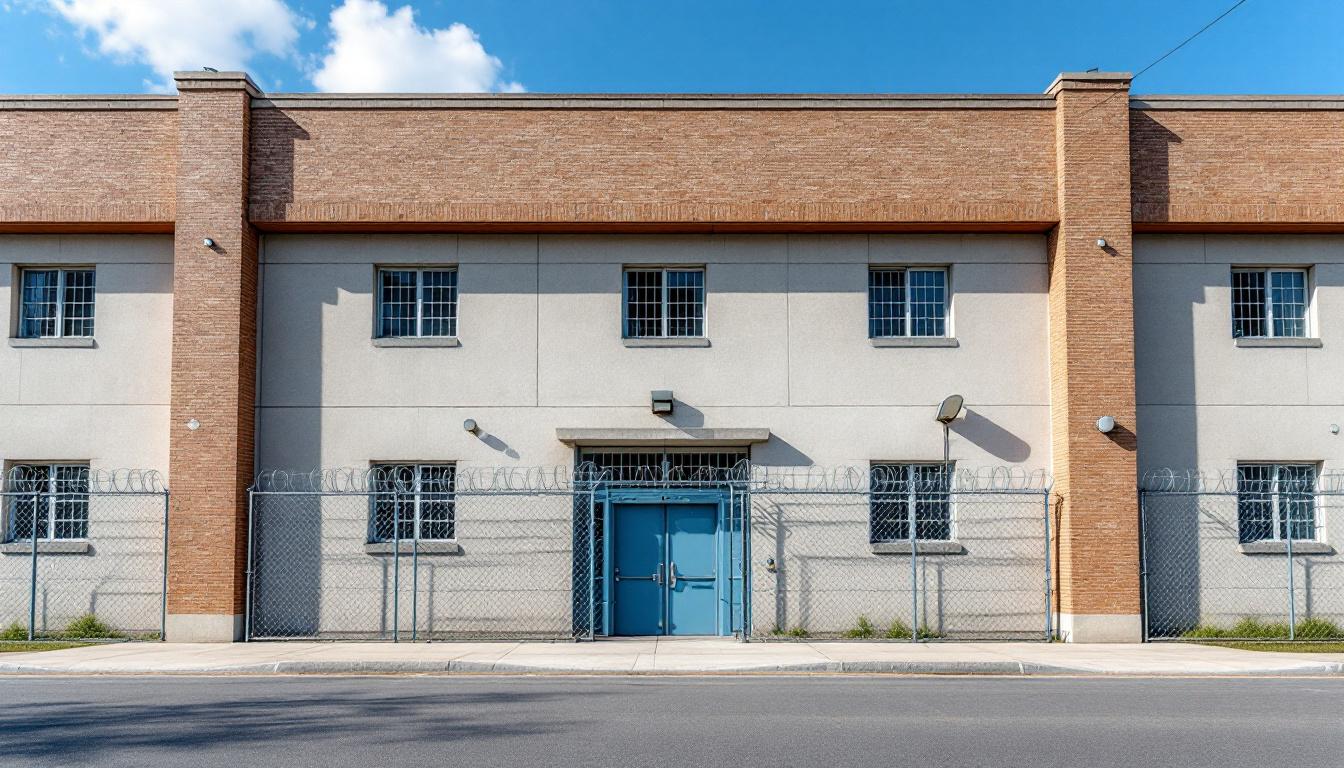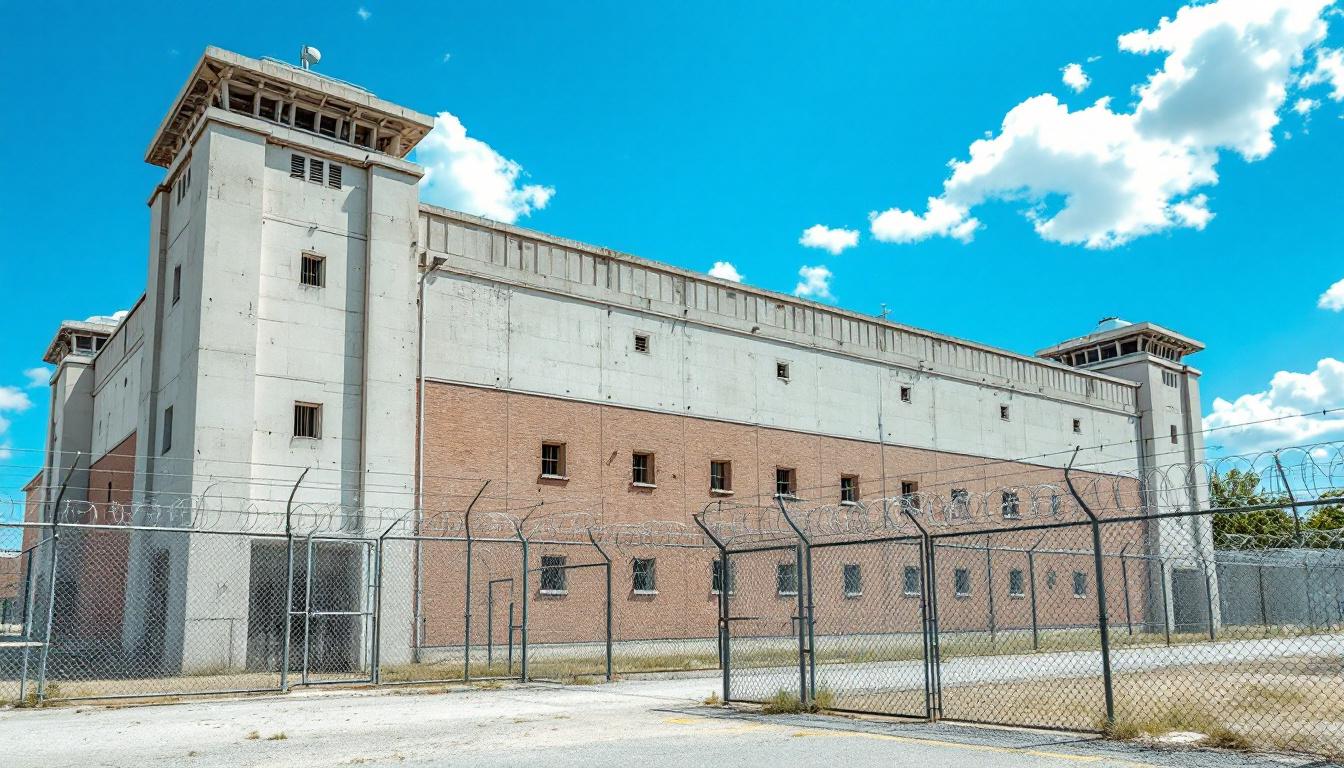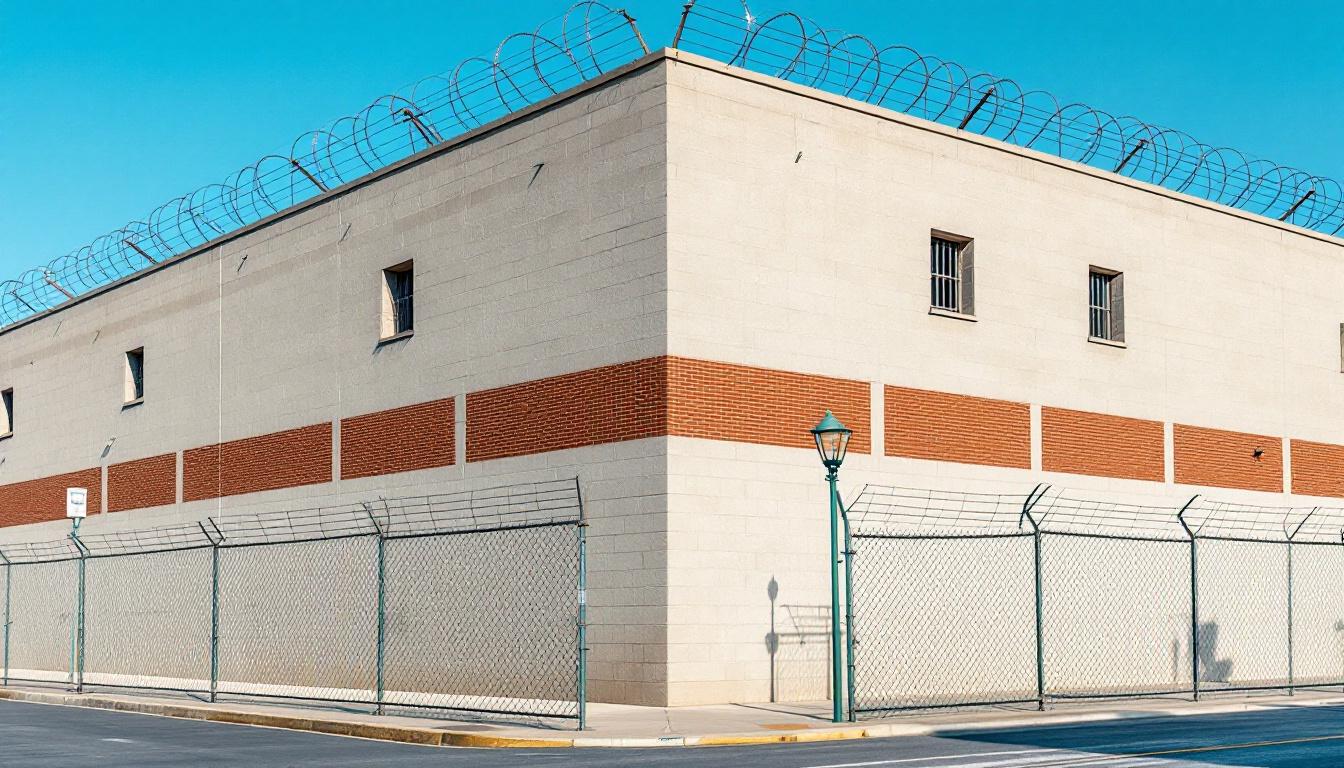
Quick Navigation
How to contact an inmate at North Carolina Correctional Institution for Women
This comprehensive guide will walk you through how to connect with an inmate at North Carolina Correctional Institution for Women. Follow the steps below to find an inmate and send letters and photos:
- Search for the inmate using our search tool below
- Create your account or log in to Penmate
- Write your message (up to 6,000 characters)
- Send instantly - inmates receive printed copies daily
Find an Inmate
Search for an inmate to start communicating today
Tip: You can search by first name, last name, or inmate ID number
To contact a person at North Carolina Correctional Institution for Women start by searching for the person on the official facility website. Perform a search by following these steps:
- Step 1: Enter their first name and last name into the search form and click "Search"
- Step 2: Locate their inmate record
- Step 3: Write down their Inmate ID and any housing information provided
Important! Be sure to enter the person's full name. Nicknames should not be used.
How to Send Messages to Inmates

You can use your phone or computer to send emails, letters, and photos to an inmate. Messages are sent electronically to inmate tablets or kiosks at the facility. If you would like to send a message, start by searching for an inmate at North Carolina Correctional Institution for Women.
Sending Photos and Postcards

A great way to send love and support to a loved one at North Carolina Correctional Institution for Women is to send photos and postcards. It only takes a few minutes to send photos from your phone and it makes a huge difference. You can also mail postcards with words of support and inspiration, or design your own postcard for special moments like birthdays and holidays.
Important! Be sure not to send any explicit photos or they may not be approved by the facility. You can also use a photo printing app like Penmate to make sure your photos are printed at the correct size (4x6 or 3x5) and are mailed according to the rules and regulations of North Carolina Correctional Institution for Women.
Frequently asked questions about North Carolina Correctional Institution for Women
-
How long does it take to deliver a message?
If you're sending an email message your letter is usually delivered within 24-48 hours. For messages sent via mail you should expect delivery within 3-7 days. All messages will need be approved by North Carolina Correctional Institution for Women.
-
How much does it cost to send a message to North Carolina Correctional Institution for Women?
You can send a message free using your phone or mail a message via USPS for the price of a $0.60 stamp and envelope. You can also purchase credits or e-stamps from services starting at $1.99.
-
What services can I use to contact an inmate at North Carolina Correctional Institution for Women?
Penmate
You can use Penmate to send letters and photos to an inmate from your phone. It's an easy way to stay in touch during your loved one's incarceration. Use the inmate locator to find an inmate's location and contact information, then you can send messages within a few minutes.
Securus messaging
Securus may be another option for communicating with an inmate at North Carolina Correctional Institution for Women. You can create a friends and family account and purchase credits to send messages. All messages will be reviewed and must be approved by the facility.
JPay
Some county jails and state prisons may support sending messages with JPay. You must register an account with the system, find your loved one, and purchase stamps to send messages. For some locations you can also attach photos.
Smart Jail Mail
You may also check if Smart Jail Mail is available at North Carolina Correctional Institution for Women. Smart Jail Mail is operated by Smart Communications and has contracted with some state and county jails. After purchasing credits, your messages and photos are sent to the facility, printed out, and then handed out to your loved one.
-
What is the mailing address of North Carolina Correctional Institution for Women?
Mailing address:
North Carolina Correctional Institution for Women
1034 Bragg St
Raleigh, NC 27610
Phone: (919) 733-4340 -
What are the visiting hours at North Carolina Correctional Institution for Women?
Visiting hours at North Carolina Correctional Institution for Women vary by housing unit and security level. Generally, visits are scheduled on weekends and holidays, with some facilities offering weekday visits. Contact the facility directly at (919) 733-4340 or check their website for the current visiting schedule. Visits typically last 30-60 minutes and must be scheduled in advance.
-
What items are prohibited when sending mail to North Carolina Correctional Institution for Women?
Prohibited items typically include: cash, personal checks, stamps, stickers, glitter, glue, tape, staples, paperclips, polaroid photos, musical or blank greeting cards, hardcover books, magazines with staples, and any items containing metal or electronics. Only send letters on plain white paper with blue or black ink. Photos must be printed on regular photo paper (no Polaroids). Always check with North Carolina Correctional Institution for Women for their specific mail policies.
-
How do I send money to an inmate at North Carolina Correctional Institution for Women?
You can send money to an inmate at North Carolina Correctional Institution for Women through several methods: 1) Online using JPay, Access Corrections, or the facility's approved vendor, 2) Money orders mailed directly to the facility with the inmate's name and ID number, 3) Kiosks located in the facility lobby, or 4) Over the phone using a credit or debit card. Fees vary by method, typically ranging from $2.95 to $11.95 per transaction.
-
Can I schedule a video visit with an inmate at North Carolina Correctional Institution for Women?
Many facilities now offer video visitation as an alternative to in-person visits. At North Carolina Correctional Institution for Women, video visits may be available through services like Penmate, Securus Video Connect, GTL, or ICSolutions. Video visits typically cost $10-20 for 20-30 minutes and must be scheduled in advance. You'll need a computer or smartphone with a camera and reliable internet connection. Contact the facility for their specific video visitation policies and approved vendors.
-
What identification do I need to visit an inmate at North Carolina Correctional Institution for Women?
All visitors must present valid government-issued photo identification such as a driver's license, state ID, passport, or military ID. Minors must be accompanied by a parent or legal guardian who can provide the minor's birth certificate. Some facilities require visitors to be on the inmate's approved visitation list, which may require a background check. Contact North Carolina Correctional Institution for Women for specific ID requirements and visitor approval procedures.
-
How can I find out an inmate's release date?
To find an inmate's release date at North Carolina Correctional Institution for Women, you can: 1) Use the online inmate search tool if available, 2) Call the facility's records department, 3) Contact the inmate's case manager or counselor, or 4) Have the inmate provide this information during a call or visit. For privacy reasons, some facilities only release this information to immediate family members.
Facility Overview
Contact Information
North Carolina Correctional Institution for Women1034 Bragg St
Raleigh, NC 27610
Phone: (919) 733-4340
Official Website

About North Carolina Correctional Institution for Women
Nestled in the small community of Phoenix, North Carolina, this women’s correctional facility serves as a significant component of the state’s approach to female offender management and rehabilitation. The NCCI Womens Facility operates with a focus on addressing the comprehensive challenges and needs that women face within the correctional system, recognizing that effective programming often requires specialized approaches tailored to female residents. Through its location in Phoenix, the facility maintains connections to both rural community values and broader state correctional objectives, creating an environment where residents may access various support services while serving their sentences.
The facility typically emphasizes comprehensive programming designed to address multiple aspects of residents’ lives, including educational opportunities, vocational training, and therapeutic services that support successful reintegration. Women housed at this NC correctional facility often participate in programs addressing substance abuse treatment, parenting skills, and job readiness preparation, reflecting the complex needs that many female offenders bring to the correctional setting. Mental health services and medical care generally form essential components of the facility’s approach, acknowledging that many residents arrive with histories requiring ongoing support and intervention.
Residents services at the facility may include access to library resources, religious programming, and family visitation opportunities that help maintain important relationships during incarceration. The facility’s operational philosophy typically centers on creating structured environments where women can develop skills and coping strategies necessary for successful community reentry, while also ensuring public safety through secure housing and supervision. Staff members generally work to balance security requirements with rehabilitative goals, understanding that effective correctional practices often involve treating underlying issues that contribute to criminal behavior while maintaining appropriate institutional safety standards.
Programs & Services
Educational foundations and vocational development form the cornerstone of rehabilitative initiatives at NCCI Women’s Facility, reflecting a comprehensive approach to preparing residents for successful community reintegration. The facility’s philosophy emphasizes skill-building across multiple domains, recognizing that sustainable transformation requires addressing both practical competencies and underlying challenges that may have contributed to incarceration. Through carefully structured programming, residents typically engage in progressive learning experiences designed to build confidence while developing marketable abilities.
Academic advancement opportunities may deliver essential literacy services alongside traditional educational pathways, enabling residents to pursue their GED or enhance existing academic credentials. These educational initiatives often include individualized instruction that accommodates varying learning styles and educational backgrounds, ensuring that participants can progress at an appropriate pace. Furthermore, vocational training components typically focus on industry-relevant skills that align with regional employment opportunities, potentially encompassing areas such as office administration, culinary arts, or maintenance services. Such programming aims to provide residents with tangible qualifications that enhance their employability upon release.
Therapeutic interventions and spiritual support services complement the facility’s educational framework, addressing the multifaceted nature of rehabilitation. Substance abuse programming may deliver evidence-based treatment modalities, helping residents develop coping strategies and understand the underlying factors contributing to addiction. Furthermore, chaplaincy initiatives often provide spiritual guidance and emotional support, creating opportunities for personal reflection and community connection. These support services typically work in conjunction with other programming elements, fostering a holistic environment where residents can address past trauma, develop healthy relationships, and cultivate the personal resilience necessary for long-term success.
Daily Life & Visitation
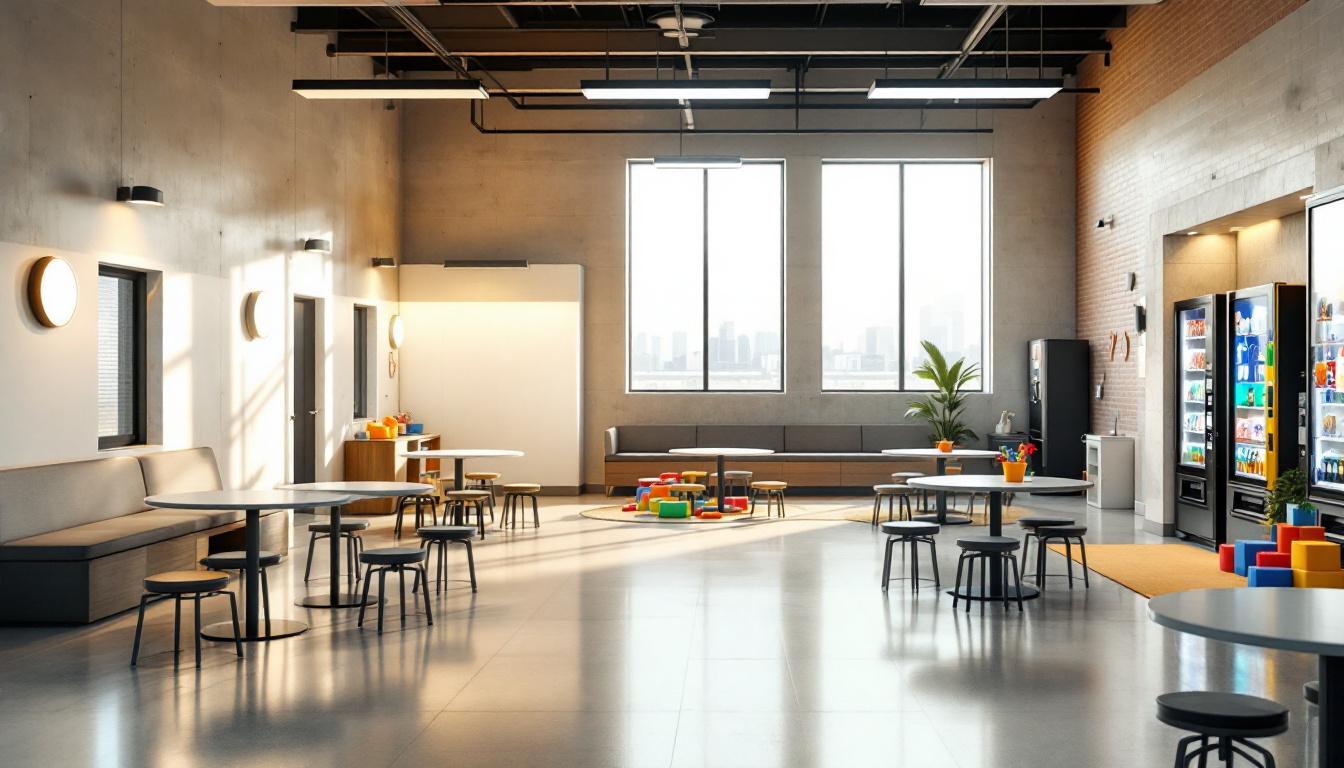
The rhythmic sound of morning announcements now signals the beginning of each carefully orchestrated day, as residents regularly follow a structured schedule that delivers predictability and purpose to their daily experience. Wake-up calls typically occur in the early morning hours, followed by personal hygiene time and preparation for the day ahead, with residents generally moving through their housing units in an orderly fashion that maintains both security and dignity. Meals are usually served at consistent times throughout the day, with residents gathering in designated dining areas where they receive nutritionally balanced meals that accommodate various dietary needs and restrictions.
Living accommodations typically consist of dormitory-style housing units or smaller rooms, where residents may personalize their limited space with approved personal items and photographs of family members. The housing areas generally include common spaces where residents can interact during designated social periods, and each unit usually maintains quiet hours to ensure adequate rest for all residents. Furthermore, residents typically have access to commissary services where they can purchase approved personal care items, snacks, and writing materials using funds from their institutional accounts.
Recreation and exercise opportunities regularly include access to outdoor yards, indoor recreational facilities, and organized activities that promote physical wellness and social interaction. Although security protocols govern all movement and activities, residents generally participate in various programs designed specifically for women, including parenting classes, family reunification workshops, and support groups that address the comprehensive challenges faced by incarcerated mothers. Visitation policies typically allow for regular contact with approved family members and friends, while communication options may include monitored phone calls and correspondence that help residents maintain important relationships with their children and loved ones throughout their incarceration.
Ready to Connect?
Start communicating with your loved one today
Search for an Inmate
